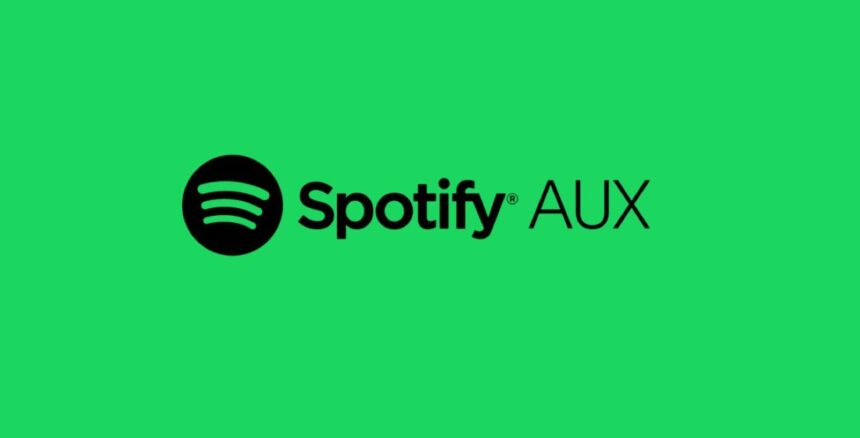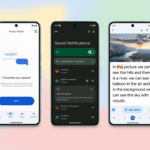Several social networking companies like Facebook, Instagram, Snap, and YouTube have established programs to connect creators with brands. Now, Spotify has joined in with the launch of its in-house “music advisory agency” called AUX. Although it’s not a creator marketplace, AUX will facilitate connections between brands and emerging artists for various campaigns.
Spotify stands to gain additional income from AUX, as brands can pay to leverage the new service.
The first client for the consultancy is Coca-Cola, which has teamed up with Berlin-based DJ, producer, singer, and songwriter Peggy Gou to establish a long-term partnership. This collaboration will include live concerts, events, social media content, a branded playlist, and on-platform promotional support.
This move shows Spotify taking a more proactive stance in facilitating connections and offering its music expertise to brand partners. It also positions the platform more similarly to a social network, where creators strike brand deals to earn money. Notably, this launch follows Spotify’s updated payment model from last year, which promised to drive an additional $1 billion toward artists. However, critics argue that it does little to support emerging artists and in fact, cuts payments to some artists to boost payments to others.
Now, Spotify is offering these artists an alternative way to make money by partnering with brands.
Spotify explained in a blog post, “Spotify AUX will broaden the opportunities available to artists, offering them a platform for creative expression, financial support, and strategic partnerships that go beyond traditional industry avenues.”
Joshua Burke, global head of Music & Culture Marketing at The Coca-Cola Company, expressed excitement about the partnership with AUX. “This is a natural progression of our long-standing partnership with Spotify and marks a key milestone for our commitment to artists and the music community. We are excited to launch Coke Studio at Spotify LA, which will provide recording support for emerging artists and a platform to promote their music,” he said.
Despite Spotify’s claim of giving artists another chance to earn money from their work, artists and musicians would likely prefer to be paid better for their streams rather than having to seek brand deals like social media creators and influencers do.
The oversaturation of music on today’s streaming services, coupled with the daunting task of being discovered, building an audience, and getting paid, makes it harder for new and emerging artists. Additionally, Spotify’s new royalties model and the minimum threshold for streams of songs further complicates the situation, requiring artists to consider brand deals as an additional income stream.
Jeremy Erlich, VP and head of Music Content at Spotify, stated, “Spotify is always looking for ways to leverage our music ecosystem to deepen the connections between artists, brands, and fans. AUX is a natural step for us to help brands strengthen their music strategy and better connect with new audiences through our expert insights and observations from our music team, tailored to meet brands’ needs.”









